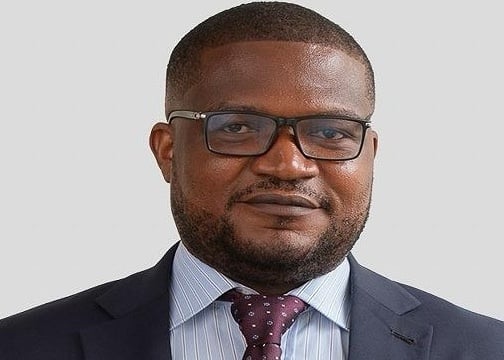The Ghanaian government’s rejection of the Damang Gold Mine lease extension signifies a pivotal moment in the nation’s approach to natural resource management. This decision, according to Isaac Tandoh, Deputy Chief Executive Officer of the Minerals Commission, presents an unparalleled opportunity to reshape the extractive industry and solidify national control over its mineral wealth. Tandoh argues that Ghana has long witnessed the extraction of its resources without commensurate benefits for local communities or the state. This decision, therefore, provides a chance to rectify this historical imbalance and establish a more equitable and sustainable framework for resource exploitation. His perspective aligns with the growing continental sentiment advocating for greater resource sovereignty and echoes calls by prominent figures like former Chief Justice Sophia Akuffo for a comprehensive review of Ghana’s mining laws and agreements, which she characterizes as “neo-colonial.”
The rejection of the Damang lease extension serves as a catalyst for Ghana to redefine its relationship with foreign mining companies and prioritize national interests. Tandoh frames this not as a crisis but as an opportunity to empower Ghanaian investors and consortia capable of responsible operation and community reinvestment. He advocates for a shift away from short-term revenue generation towards long-term national development, aligning extractive activities with broader societal goals. This strategic repositioning draws inspiration from other African nations, like Burkina Faso, that have taken decisive steps towards nationalizing their mineral resources, demonstrating a growing trend of reclaiming resource control across the continent. The Damang decision signals Ghana’s intention to join this continental movement and assert its sovereign right to manage its natural resources for the benefit of its people.
Tandoh’s proposed three-point plan outlines a roadmap for achieving this objective. Firstly, he recommends prioritizing Ghanaian-led bids in future mining lease reassignments, empowering domestic players and ensuring that future resource extraction benefits local communities. This prioritization marks a significant departure from past practices that often favored foreign companies, potentially fostering the growth of indigenous expertise and entrepreneurial capacity within the mining sector. Secondly, he proposes a moratorium on new large-scale foreign mining contracts until a thorough review of Act 703 and all existing agreements is completed. This pause allows for a critical assessment of current legislation and contractual obligations, ensuring they align with the nation’s redefined priorities and prevent further exploitation under outdated or unfair terms.
The third component of Tandoh’s plan involves establishing a Ghana Minerals Sovereignty Fund. This fund would channel profits from national mining assets into essential sectors like infrastructure, education, and healthcare within mining communities. This mechanism ensures that the wealth generated from resource extraction directly benefits the affected populations, addressing the historical imbalance where resource-rich areas often remain underdeveloped despite contributing significantly to national revenue. The fund aims to create a tangible link between resource extraction and community development, promoting sustainable growth and improving the quality of life for those most impacted by mining activities. This reinvestment strategy is crucial for ensuring that resource extraction contributes to overall national development rather than exacerbating existing inequalities.
Tandoh’s vision extends beyond simply reclaiming resource control; it emphasizes the importance of strategic partnerships with indigenous entrepreneurs. He advocates for fostering collaborations with local businesses and investors who are committed to Ghana’s long-term prosperity. This approach ensures that the benefits of resource extraction are not only retained within the country but also distributed equitably among its citizens. By empowering local actors, Ghana can build a more resilient and inclusive mining sector that fosters economic growth and community development simultaneously. This collaborative approach also strengthens national capacity and expertise within the extractive industry, reducing reliance on foreign companies and fostering self-sufficiency in resource management.
The Damang decision, while potentially impacting foreign investment, signifies a shift in the government’s stance, prioritizing national development goals and ensuring a fairer share for Ghanaians. This bold move positions Ghana at the forefront of a continental shift towards greater resource sovereignty, sending a strong message to international partners that future engagements must be aligned with the nation’s long-term interests. While the immediate implications for foreign investment remain to be seen, the long-term benefits of this strategic realignment are expected to outweigh any short-term challenges. This move signals a commitment to sustainable development and a more equitable distribution of the benefits derived from Ghana’s rich mineral resources. By prioritizing national interests and empowering local communities, Ghana seeks to rewrite the narrative of resource extraction and forge a path towards a more prosperous and equitable future.














